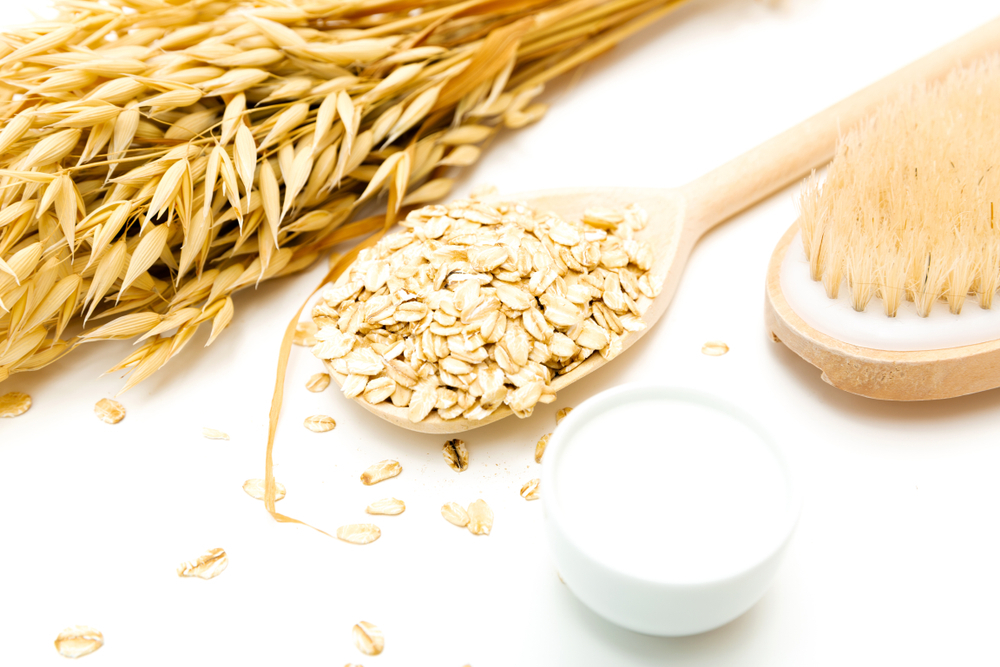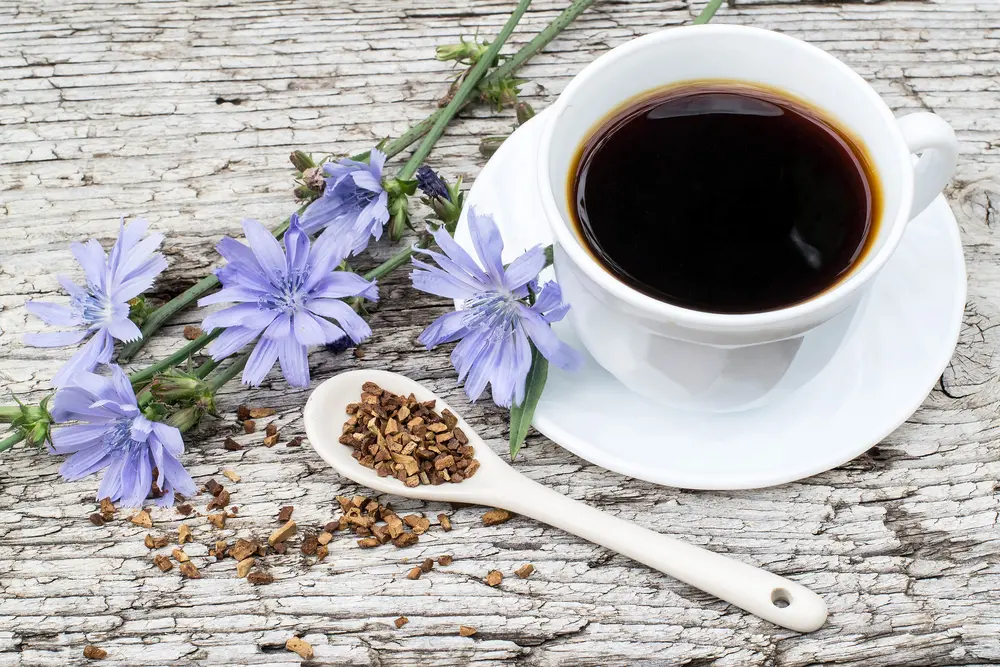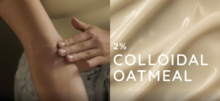
7 Reasons oats for dry, itchy skin are nature's best kept secret
When dry skin is making you wish it was socially acceptable to wear a moisturizing mask to work, it's probably...

When you have skin issues, it makes sense to tackle the problems where you see them — namely, on your skin. But if bumping your five-step skin routine to a 30-step regimen hasn't showed any results, then it's time to take a minute to reflect and listen to your gut. Literally.
Using prebiotics and probiotics for skin health isn't a new idea. Bacteria naturally live inside you and on your skin, and a lot of them aren't bad for you at all. Here's how to get the inside scoop on what's going on in your body — and how to use it to your advantage.
You probably know that what you eat affects how you feel. Ordering delivery every day sounds great in theory, but after a week, your body will be screaming for some fruits and vegetables. What's less well known is that an imbalanced gut takes a toll on your complexion, too.
The human microbiome is made up of a combination of microbes that live on and in the body. Your skin has a microbiome, as does your gut. A healthy gut microbiome supports the immune system, helps you heal faster, reduces allergens and UV damage, keeps inflammation in check and maintains plump, glowing skin. Overusing antibacterial soaps can throw the skin microbiome out of balance and lead to antibiotic resistance, causing such skin conditions as dermatitis, eczema and fungal infections. The same thing happens on the inside when your system takes in too many foods that don't help to support a healthy microbiome.
Because many skin conditions (like acne and rosacea) are caused by inflammation, it adds up that an imbalance in the gut microbiome can affect your skin. Other issues, like thinning and wrinkling, can be attributed to the effects of sun damage and oxidative stress — problems also associated with poor gut health.
Experiencing a skin condition that can't be chalked up to skincare, stress or hormones may mean it's time to take a look at your diet. A good place to start is with foods that commonly lead to skin issues, like dairy and gluten. If you feel you've become sensitive to one of these, try an elimination diet and see if your skin improves. Do your meals include colorful fruits and veggies, healthy fats and plenty of water? If not, it's time to hit the produce section of your supermarket.
Before you head to the store, give probiotics a spot at the top of your list. Probiotic foods contain live microorganisms that help to balance the good bacteria that reside within the body, making them key players in supporting a healthy gut microbiome. Since your gut affects your skin, try to stock up on probiotic foods.
Fermented foods and foods with live and active cultures — like yogurt, sauerkraut and kimchi — are often high in probiotics. Sourdough bread and some soft cheeses, such as gouda, are also strong options. If you'd rather drink your probiotics, sip on some kombucha, a fermented black tea, or look for the ever-popular apple cider vinegar.
So, your list is all set and you're ready to shop. Almost!
If you're only getting excited about probiotics, you're missing half the story. Prebiotics (probiotics' lesser-known partner in crime) are another essential factor in having a balanced and healthy gut microbiome.
It almost seems like cheating to give the two such similar names. How are you supposed to keep from getting them mixed up? Here's the difference: While probiotics contain the live microorganisms that balance good bacteria in the gut, prebiotics act as food for that good bacteria. Nice and simple.
Prebiotics are typically found in high-fiber carbohydrate plant foods like oats. Not only are oats versatile — think oatmeal, oat flour, oat milk — they are packed with beta-glucan, which forms a jelly-like substance in the gut that feeds the good bacteria. A study by the Journal of Drugs in Dermatology showed that beta-glucan in oatmeal has protective and humectant properties for skin, creating a supple and hydrated appearance. Oats also contain fiber, vitamins and minerals to support a healthy digestive system and keep skin looking clear and radiant, perfect for those experiencing acne or dullness.
There are a ton of other tasty prebiotic foods you can try adding into your diet. These include asparagus, yams, Jerusalem artichokes, bananas, honey, legumes, garlic, leeks, apples, onions, chicory root and jicama.
Stock up on foods rich in prebiotics and probiotics for skin health — or just because they'll make you feel healthier in general. Your body is a powerful, interconnected system, and it pays to keep all the parts in working order. Any tool to help your gut health is something you want in your skincare arsenal.

For generations, the moisturizing properties of colloidal oatmeal to help restore, nourish and soothe the skin’s moisture barrier have been known to help compromised skin conditions. Colloidal oatmeal is the...